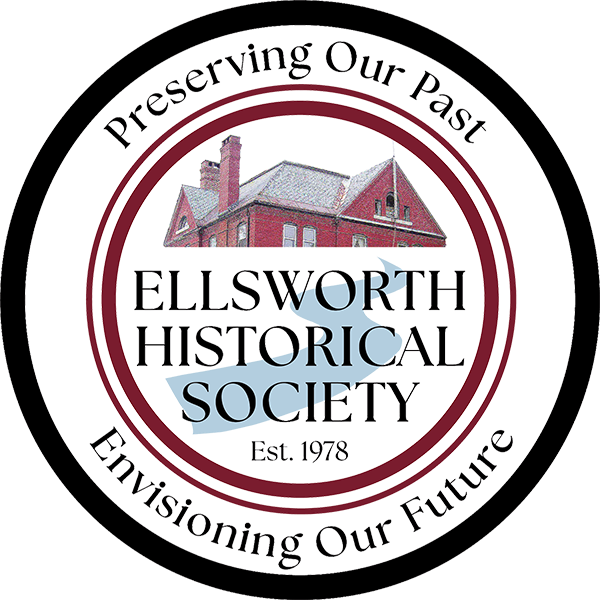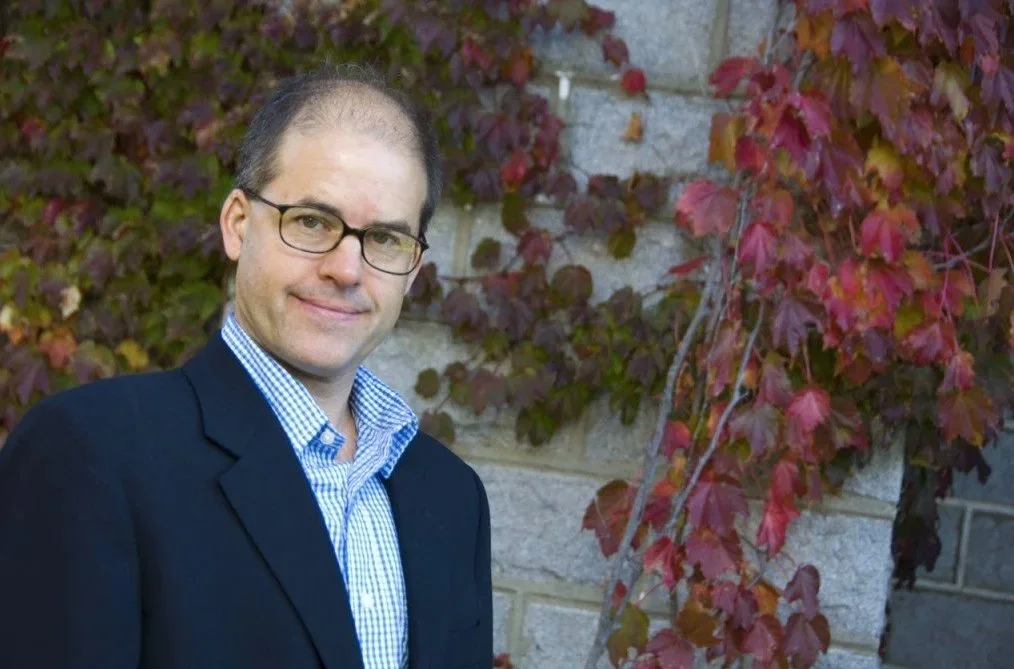Liam Riordan is the Adelaide C. and Alan L. Bird Professor of History at the University of Maine
“What We Know, What We Wish”
What: Virtual (online) presentation
When: Monday, March 2, 5:30 p.m.
Cost: Free
As the United States prepares for its Semiquincentennial (250th) anniversary, the Ellsworth Historical Society will host a virtual (online) presentation by celebrated historian Liam Riordan, the Adelaide C. and Alan L. Bird Professor of History at the University of Maine, based on his co-edited book, What We Know, What We Wish, published by the University of Massachusetts Press in 2025. In this virtual presentation, Dr. Riordan will challenge attendees to look beyond the pageantry of the upcoming celebrations and confront the “hard history”—from the plight of Loyalists to the displacement of Wabanaki peoples—that sometimes gets lost in the patriotic glow of 1776.
“We are inviting Ellsworth and the communities that lay beyond it to join us on Zoom not merely to look back at 1776, but to hold a mirror to where we find ourselves today” said Bill Fogle, President of the Ellsworth Historical Society. The lecture draws from the themes of What We Know, What We Wish, a project that examines the friction between historical evidence and public memory. Riordan argues that while Americans “wish” for a unified, heroic origin story, what we “know” from the archives is far more fractured and fascinating. The presentation will serve as a guide for how area residents can engage with the 250th anniversary not just as a celebration but as an opportunity to understand the complex legacy of the Revolution in Maine. Riordan invites us to sit with the discomfort of the past, reminding us that a true appreciation of our history requires us to embrace its contradictions, not just its triumphs.
Finding Your Roots
Dr. Wayne Smith is reprising his (free) genealogical research workshop in collaboration with Hancock County Genealogical Society and the Ellsworth Public Library (see poster attached). This workshop aims to help beginners on their journey to finding their roots. The sessions are from 2 to 4 p.m. Saturdays in March and April. Those dates are: March 14, March 28, April 11, and April 25. There is limited enrollment (seating). Those wishing to enroll should contact Dr. Smith at gaidhligwayne@gmail.com.



